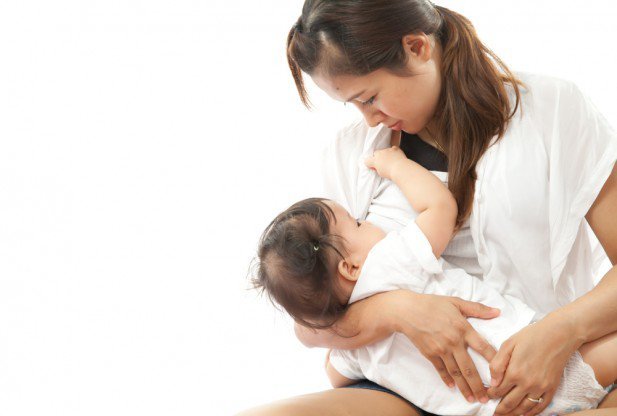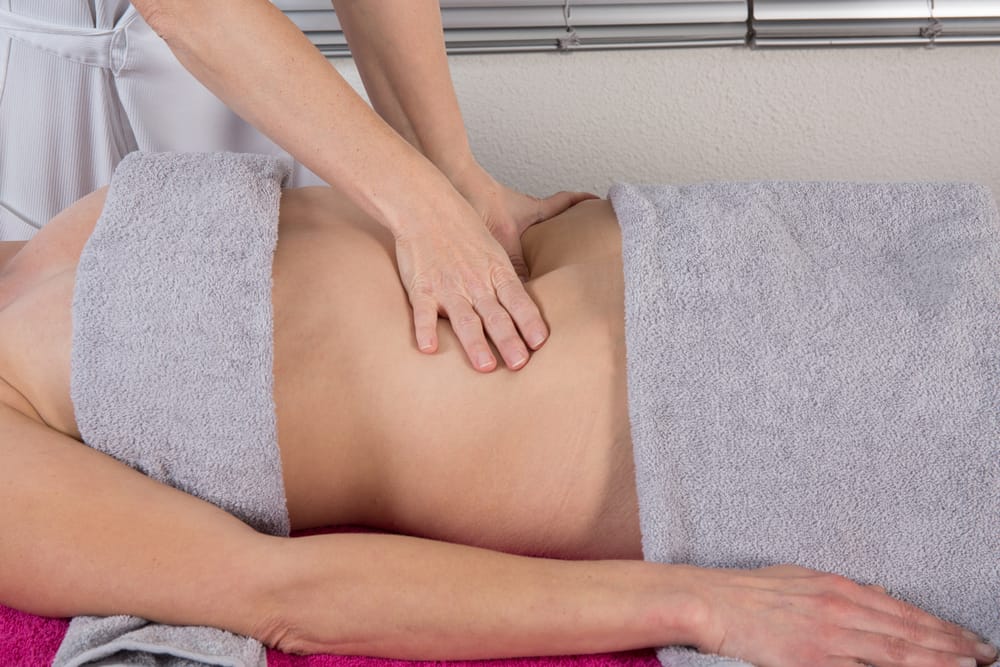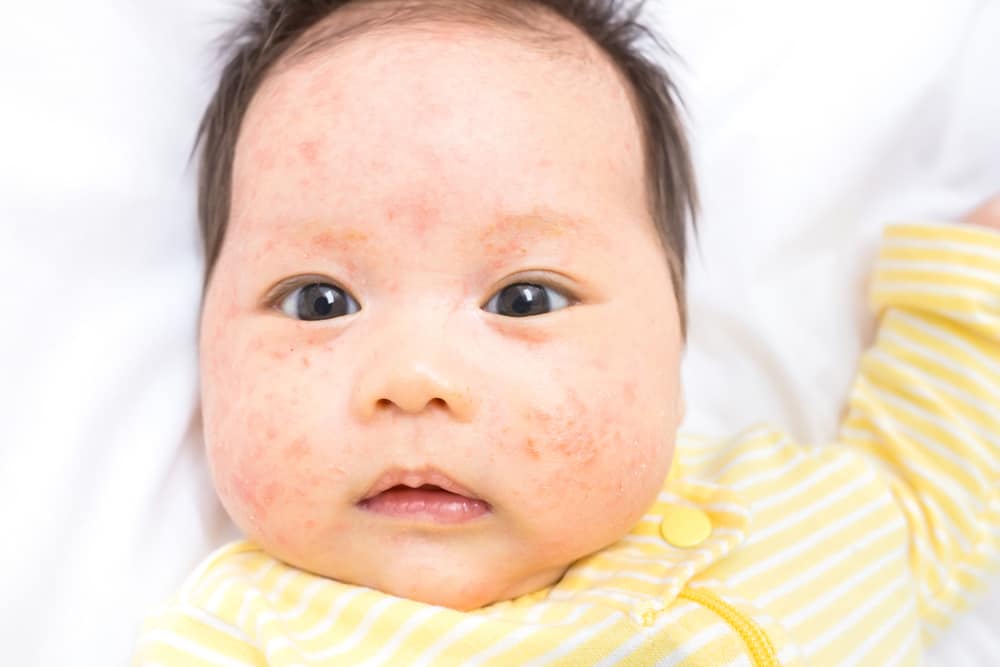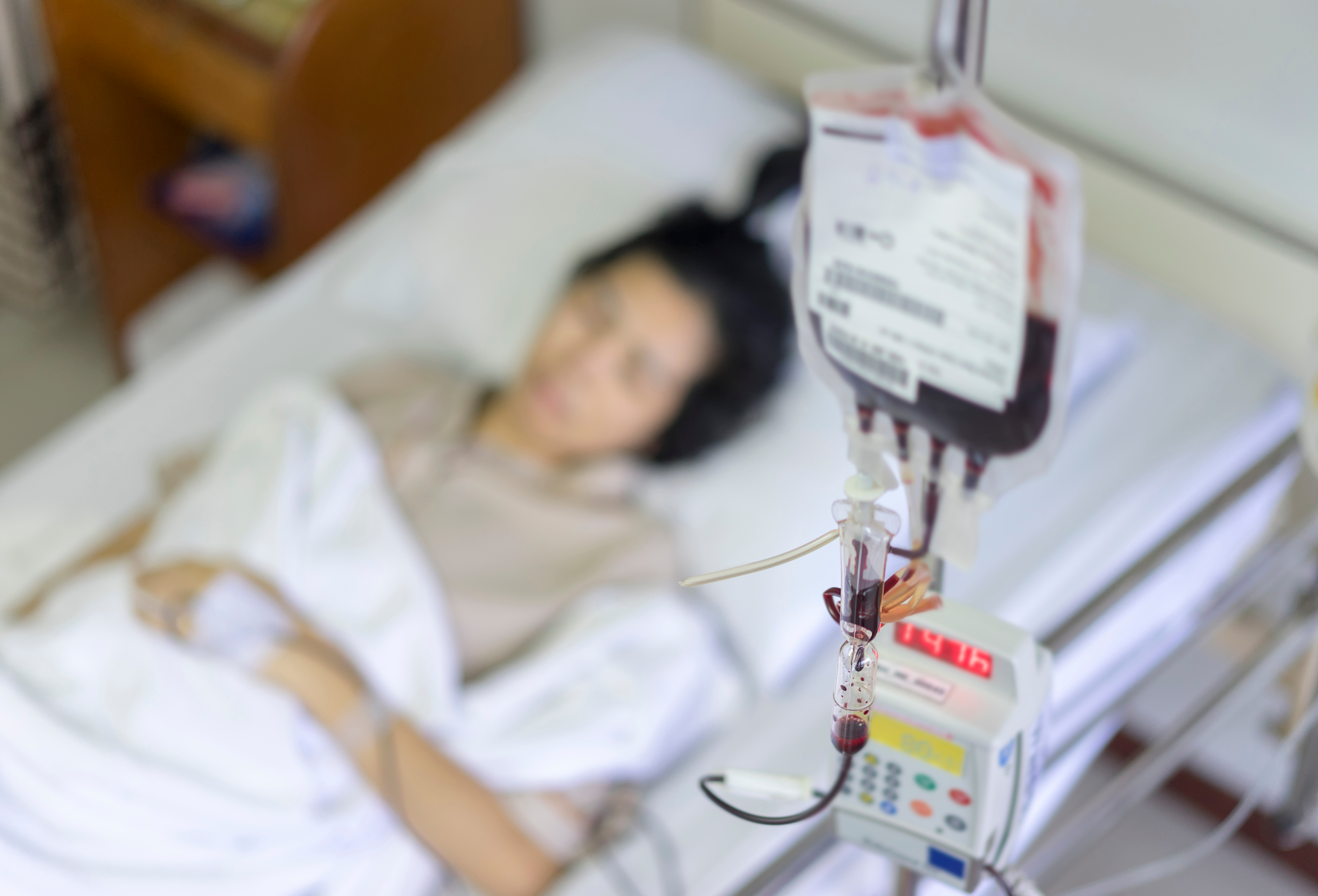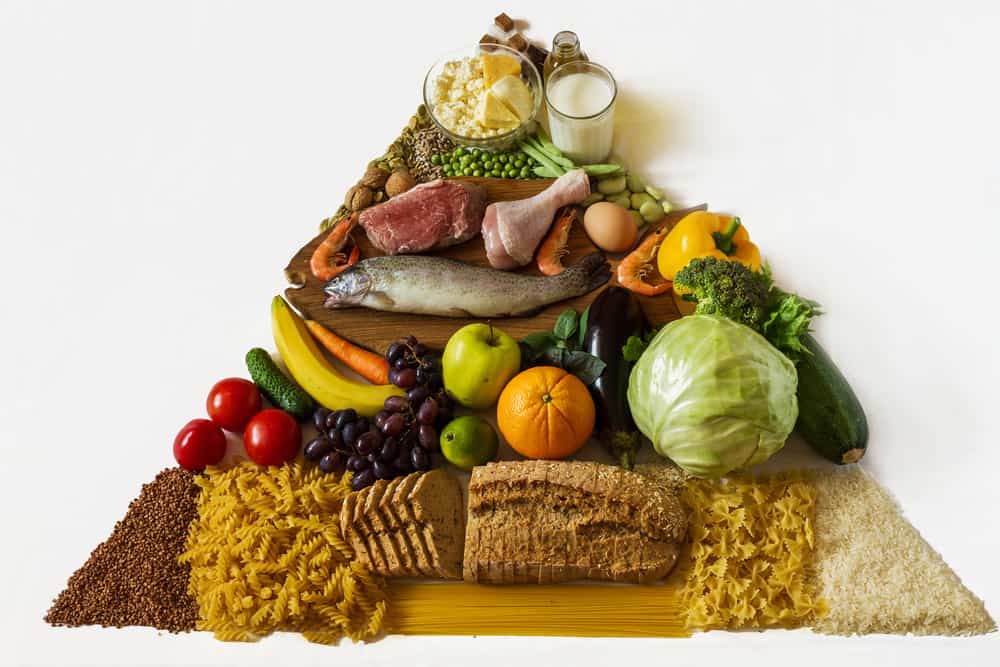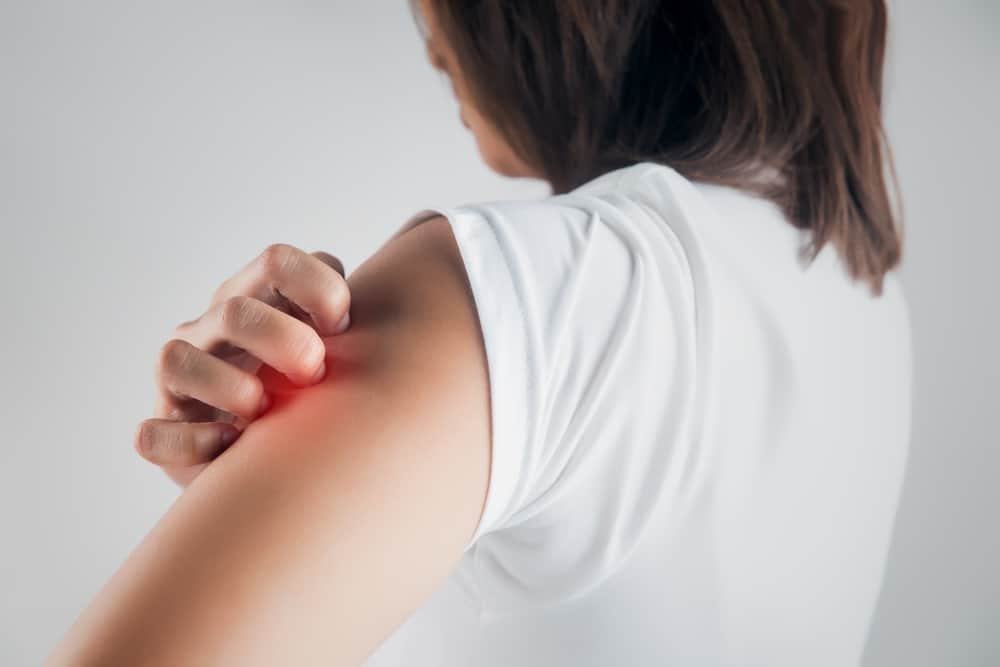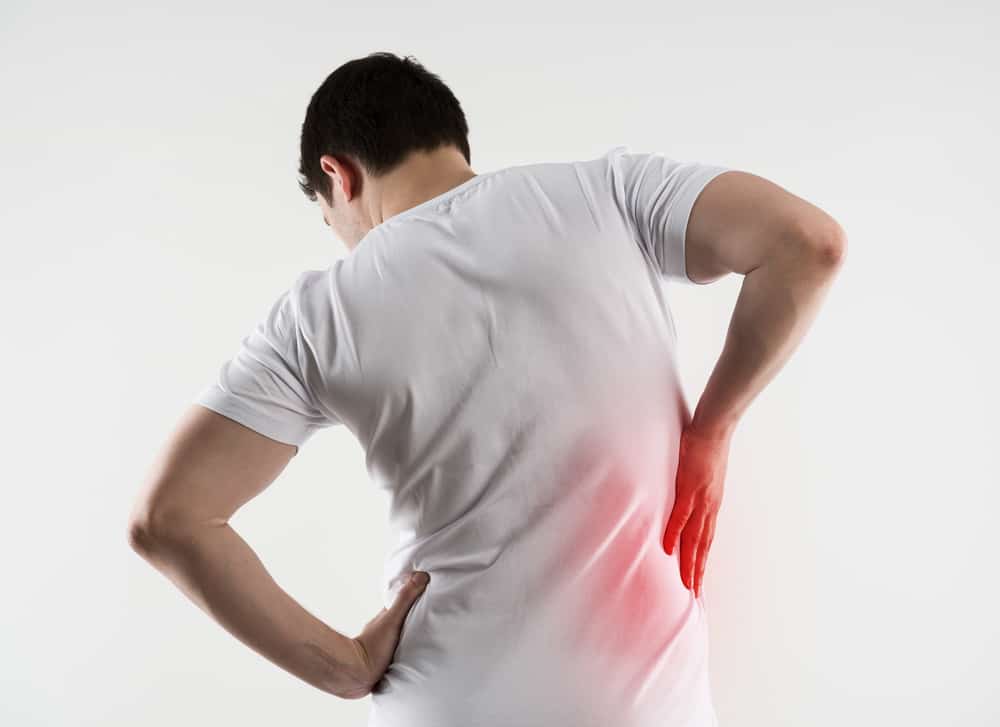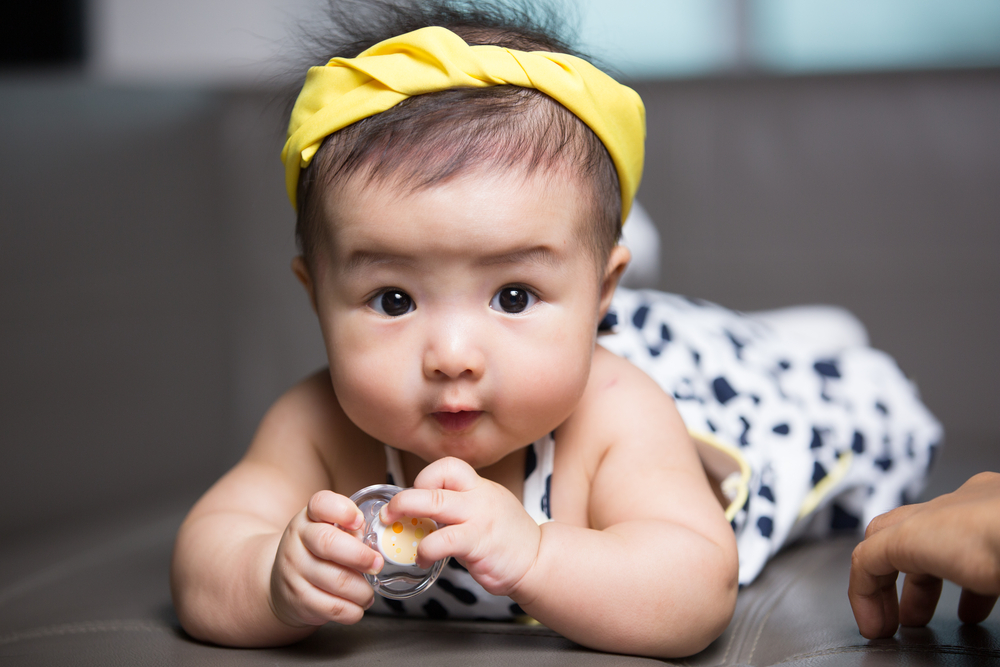Contents:
- Medical Video: Women's Nutrition : How to Eat Healthy While Breastfeeding
- How much water should I drink while breastfeeding?
- Is the amount of fluid entering the body of the mother related to the production of breast milk?
- Can I drink fluids other than water?
Medical Video: Women's Nutrition : How to Eat Healthy While Breastfeeding
When breastfeeding, you do get fluid from your body. Your baby sucks your breasts to get milk. You may have thought that you need more fluids because more fluid from your body comes out while breastfeeding. On the other hand, some mothers may assume that their milk production will increase if they drink more water. Some mothers also feel more often when they are breastfeeding, so they need more fluids. However, is it true that nursing mothers need to drink more than usual? How much fluid needs for nursing mothers? Is the liquid consumed by the mother related to milk production?
How much water should I drink while breastfeeding?
Apparently, you don't need to drink more while breastfeeding. The truth is drink when you feel thirsty and stop when your thirst is gone. When breastfeeding, you may feel more thirsty than usual, but that doesn't mean you need to drink so much.
Your body actually has a mechanism that regulates how much fluid you need. If the body needs fluids, the body will signal to you by stimulating thirst.
READ ALSO: Let-Down Reflex: The Key to Success in Breastfeeding
Drink according to your needs. The fluid needs of breastfeeding mothers vary and there are no exact numbers that describe how much you need to be sufficient. Although the Institute of Medicine (IOM) recommends breastfeeding mothers consume as much as 13 glasses of fluids, but this figure does not necessarily reflect your fluid needs. Your fluid needs depend on your body's metabolism, environmental conditions, and also the activities you do. After all, your body can take liquids from sources other than the water you drink, from vegetables, fruits, soups, juices and other drinks. Based on IOM, the food you eat contributes about 1/5 of the total fluid entering the body.
It's best to always have a drinking bottle or glass near you. This aims to make it easier for you to reach it when you are thirsty and it can also be a reminder to drink because you might forget to drink. Various activities that must be done by nursing mothers sometimes make nursing mothers forget to drink, so they experience a lack of fluids.
Don't forget to pay attention to the color of your urine. The color of your urine can be a good marker whether you lack fluids, enough fluids, or even excess fluid. The clearer your urine color, means that your body is hydrated enough. On the contrary, the more turbid your urine color, it means you are still short of fluids. If you lack fluids, you will also experience constipation.
Is the amount of fluid entering the body of the mother related to the production of breast milk?
If you think that more mothers drink will increase milk production, then your assumption has been wrong. The liquid that enters your body is apparently not related to the production of breast milk.
Research has shown that increasing the amount of fluid that enters the body of the mother does not affect the milk it produces. So, drinking very much when you are not thirsty is actually not beneficial for you and can actually make you feel uncomfortable or flatulence. Conversely, research also shows that lack of fluids will not reduce your milk production or reduce swelling in your breasts.
READ ALSO: 8 Mandatory Nutrition Substances For Mothers Who Are Breastfeeding
Can I drink fluids other than water?
Water is very good for you. Water does not contain sugar, calories and caffeine. So, water does not make you fat if taken very much and also does not interfere with your body's metabolism.
Unlike coffee and tea that contains caffeine, soft drinks, and alcohol. All types of drinks are diuretic which can cause you to urinate more often, so you will feel thirst more often. In addition, these drinks usually also contain sugar which can inhibit water absorption and make you have extra calories. Therefore, you should limit the consumption of these drinks, especially for alcoholic beverages should be avoided because alcohol can cause milk production to be disrupted.
How about milk? You can consume milk while breastfeeding while you want it. Milk can increase the number of calories you consume. However, some mothers may not need milk because their caloric intake is sufficient. This doesn't matter and is a choice for you, do you want milk or not? All you need to know is that milk cannot increase your milk production.
READ ALSO: Harmful If You Drink Alcohol When Breastfeeding?

